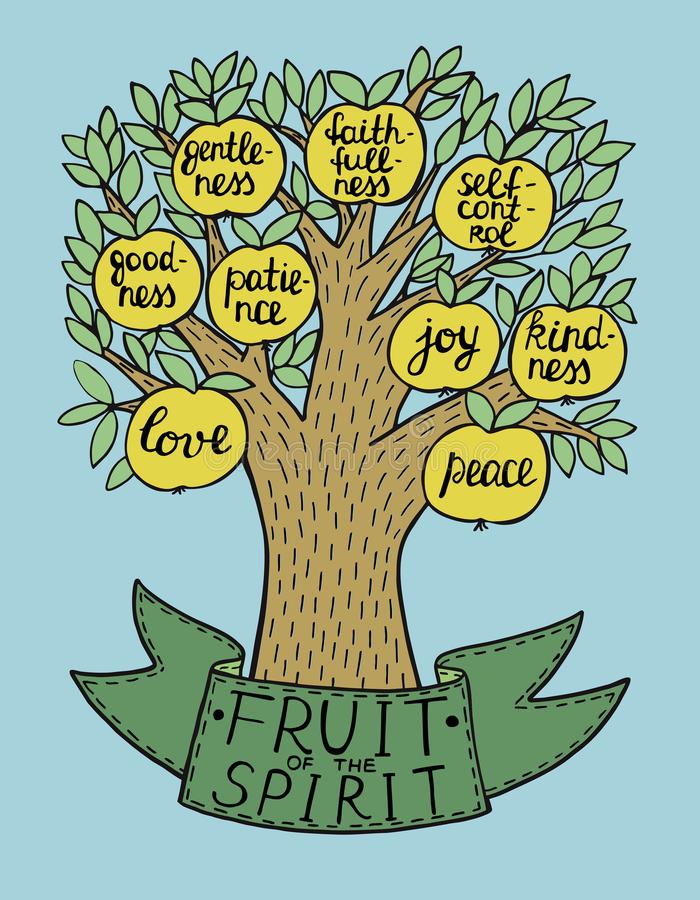In chapter five, Paul is concluding his argument. He talks about the “Law,” but then reminds us
of the particular issue at hand. This issue is circumcision. He is not negating the blessing that
come from the circumcision, but is referring to the curse to those who do not abide all the
requirements of such a covenant. Circumcision pre-dates Moses. It goes back to Abraham. I
suppose that is why he refers to Abraham as proof of his faith. He circumcised himself and his
family as an act of faith.
So in circumcision is a blessing, yet it does not save. It is no longer required. Circumcision is
merely an outward expression. What Abraham did in circumcision was a physical expression of
faith. It was faith that was fulfilled in the act. Yet so many people will do actions with no faith as
the motivating force. It is an empty act that has no interior disposition of faith. It was therefore
not the fulfillment of faith, but merely an act of the flesh that Paul talks about. The circumcision
or having it is not so much the evil, but rather the empty act that is out of fear and
manipulation (v6) as Paul says, “In Christ Jesus neither circumcision nor the lack of it counts for
anything.” It is, therefore, the interior disposition that is the matter at hand.
To come back to what was previously discussed, faith and love always go together as Paul
expresses this reality in verse 6, “…only faith which expresses itself through love.”
By this very fact, nobody can say by faith alone can one be saved. Love must be expressed for faith to be
fulfilled. Some people look skin deep. They want to keep things simple, but the human heart is
complicated by sin. How easy it is to twist meaning around so that we can justify our actions.
The twisting of definitions corrupts the real simplicity of truth (7) and preoccupies the intellect.
This allows the soul to be misled by giving “new” meaning to the life of Christ, what He taught,
and the Word of God. Quip little sayings that contain solid wisdom become twisted as they get
taken out of context. It ends up making the people fruitless as if they have been spiritually
castrated (12). This fruitlessness would be the most catastrophic thing that could happen to the
Church. Jesus came to establish His Church precisely so that she would be fruitful and full of
meaning. It is the fruitfulness of the Church and all its members, including each of you, that is
its purpose, meaning and fulfillment. Our fulfillment is in faith, not the flesh.
Our fruitfulness is not in living in the flesh with its “lewd conduct, impurity, licentiousness,
idolatry, sorcery, hostilities, bickering, jealousy, outbursts of rage, selfish rivalries, dissensions,
factions, envy, drunkenness, orgies and the like” (19-21). These things tear down a free society
and are a cause for eternal shame. A society and all its people must stand on the solid rock
foundation on the fruits of the Holy Spirit, which is “love, joy, peace patient endurance,
kindness, generosity, faith, mildness, and Chastity” (22). These are the things that bring
fruitfulness years after we have passed from this world. It is through these fruits that many
generations will praise God as we all meet Him in our final happy destiny.


